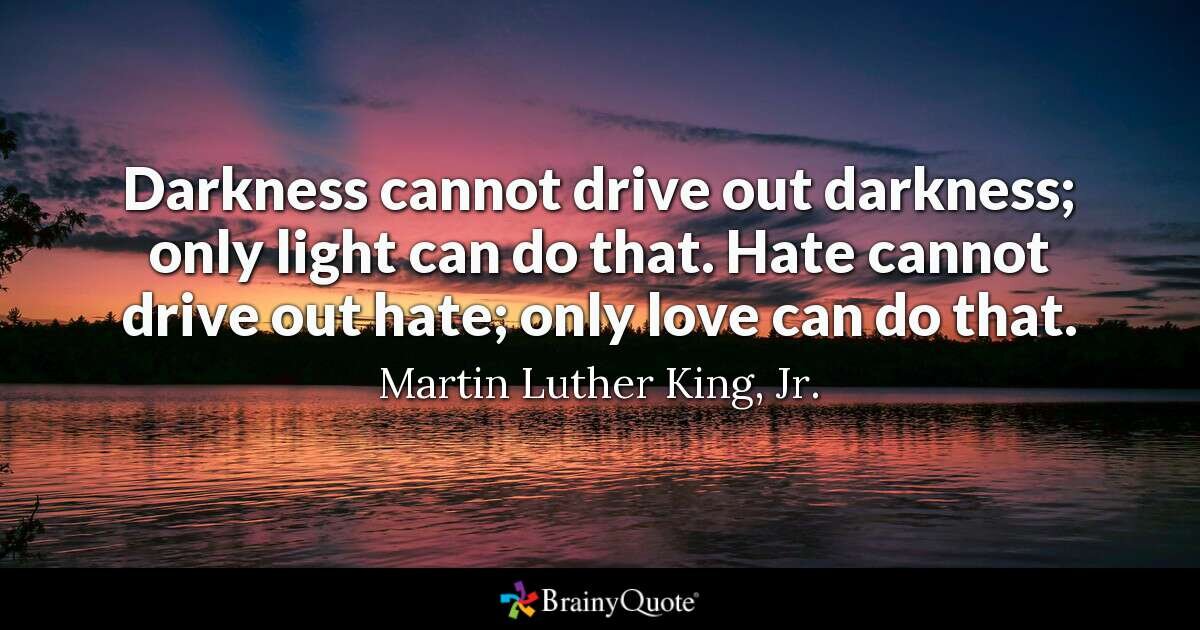When I hear people say, “Speak your truth,” I feel concerned because the word “truth” seems to be closed more than open. It doesn’t appear to leave room for other perspectives. I like, “Speak your experience” better because it seems more open to me. “Here’s my experience. What’s yours?”
For example, someone might say, “The police are racist and violent.” Another person might say, “The police make us safe and protect us.”
What do you imagine the first person’s experience with the police might be? …
Read moreI’m looking out the window at a wintery white landscape with falling snow. A robin is bouncing around on the dark branches of a leafless tree in my front yard. It jumps from branch to branch, turning its head this way and that, searching for any berries that others may have missed. It’s cold outside. The light is gray.
A few years ago, I found a book called, “The Little Book of Hygge” (pronounced HOO-GA). It brought me a wonderful new perspective on winter evenings (and sometimes days), which has enriched my life and I have shared with many others. …
Read moreOne of the gifts of Compassionate/ Nonviolent Communication is utilizing our knowledge of needs to empower ourselves to live our values. We can choose to create our experience by focusing our actions to be in alignment with what we would like in the world. When needs are met, we feel more joyful, satisfied, and peaceful.
Here’s one example of using intentions and actions to create what you want:
Self-Care. Do your best to stay well-rested and relaxed. Prepare for being with others by listening to music, resting, taking a walk, meditating, etc., so your system will support your peaceful heart and your intentions.
Focus on what needs/ values you want to meet, what experience you would like to have. Set your intention and your actions. For example:
Read more“It’s hard to have sympathy for people who are dying of Covid. It’s their own fault!”
Those are the words I heard from a person who usually has lots of empathy and compassion for people and their troubles. I get why they said it.
If I guess their feelings and needs, perhaps:
Feelings: Frustrated, irritated, amazed, confused, confounded, angry.
Needs: Health/life, responsibility, awareness, shared reality.
I understand why he said what he did. We all have the same needs as my acquaintance. My reason for bringing this up is not to correct him (or anyone), but rather to contrast being in judgment with adding compassion to our needs/values. …
Read moreMarshall Rosenberg, PhD. and the author of Nonviolent Communication: A Language of Life (NVC), made it his life-long endeavor to bring peace by helping people understand the reasons why reactivity, conflict, and most violence arise. He discovered that moralistic judgments are a significant catalyst to conflict and suffering. …
Read more



